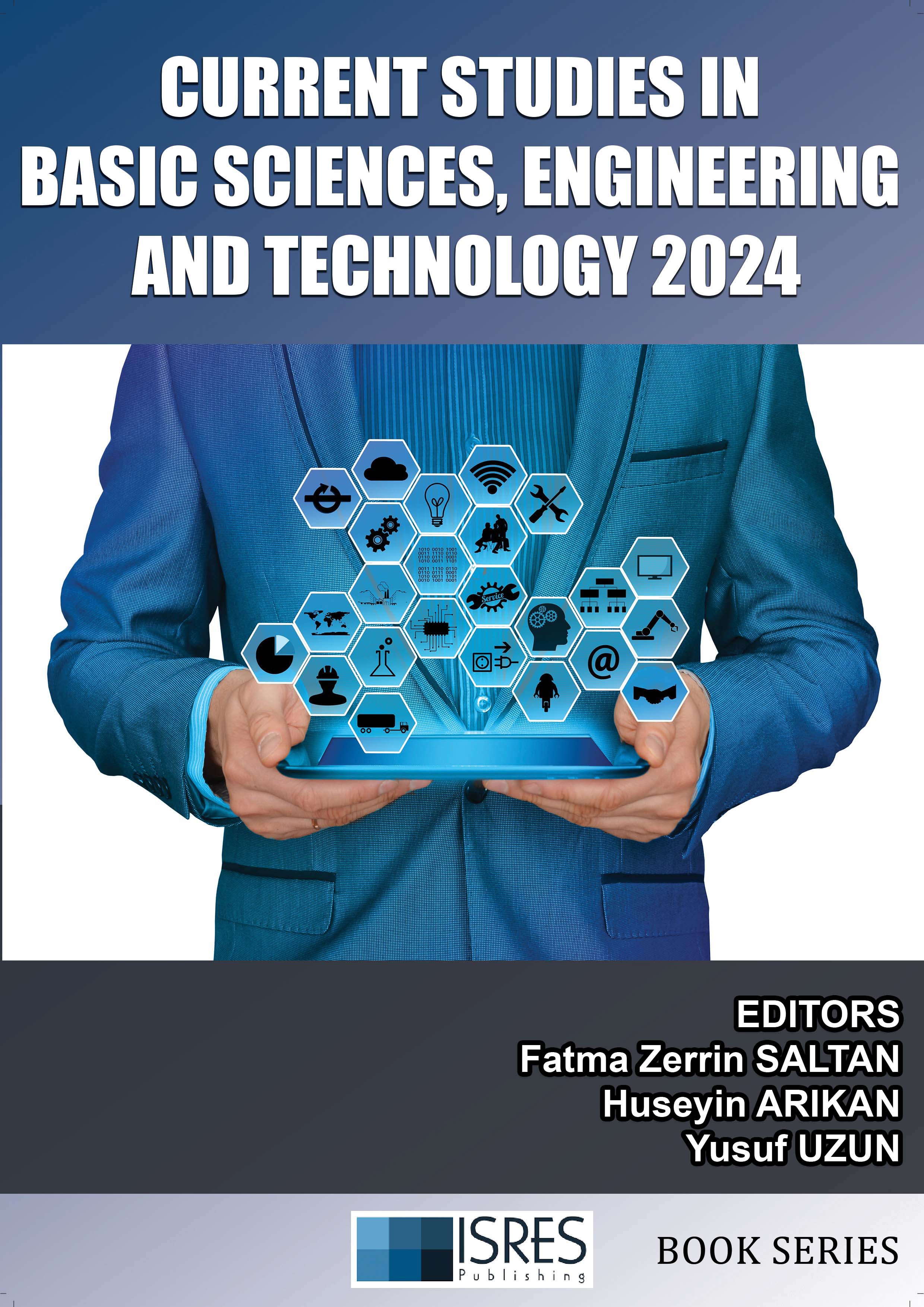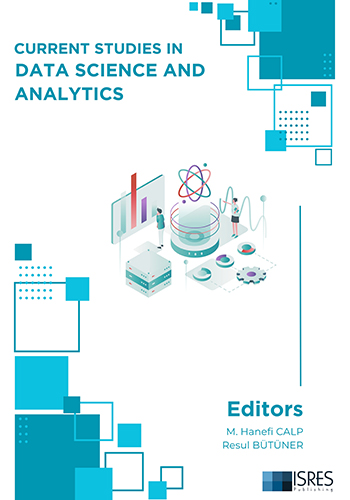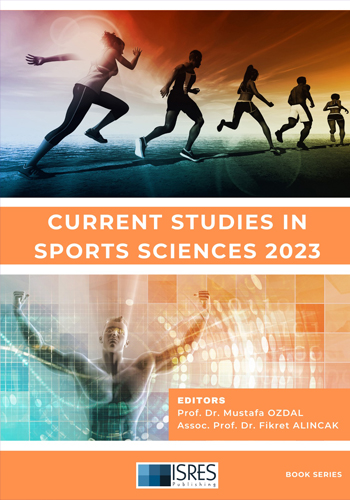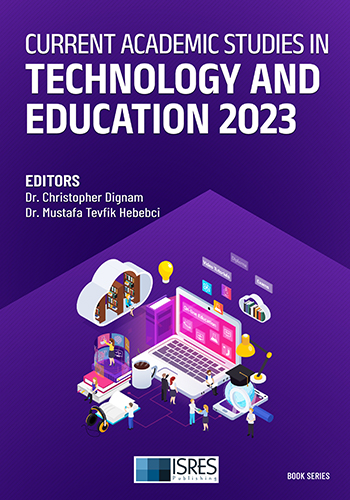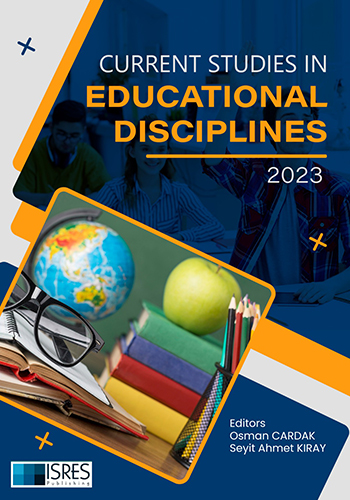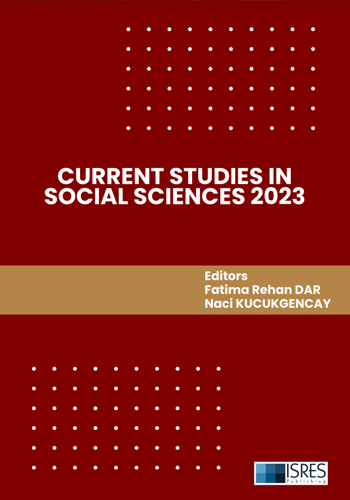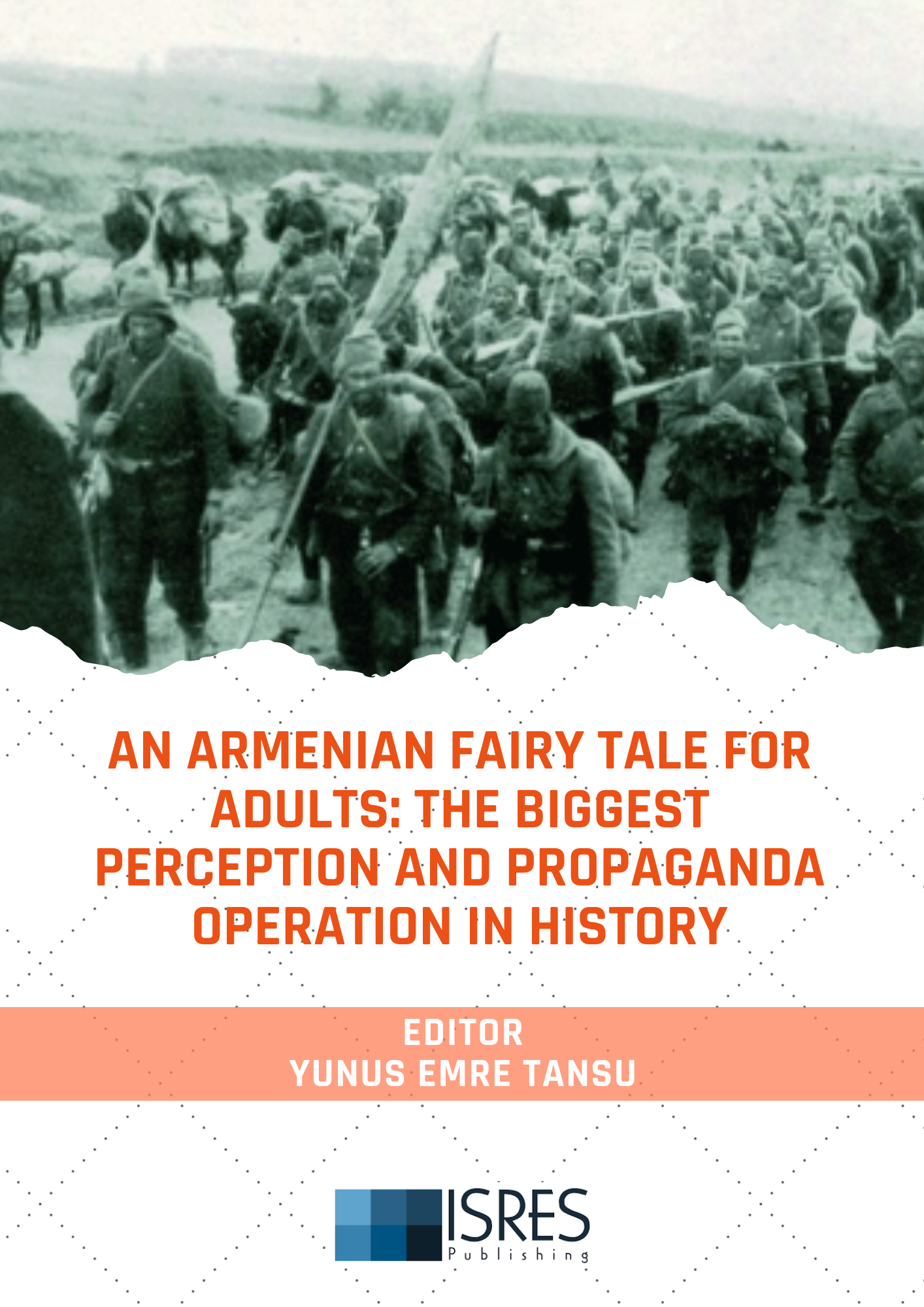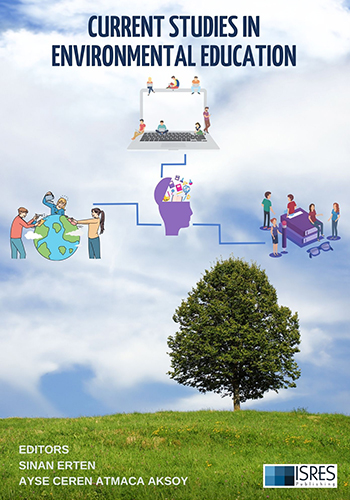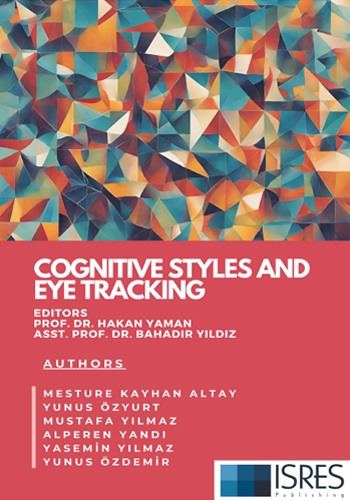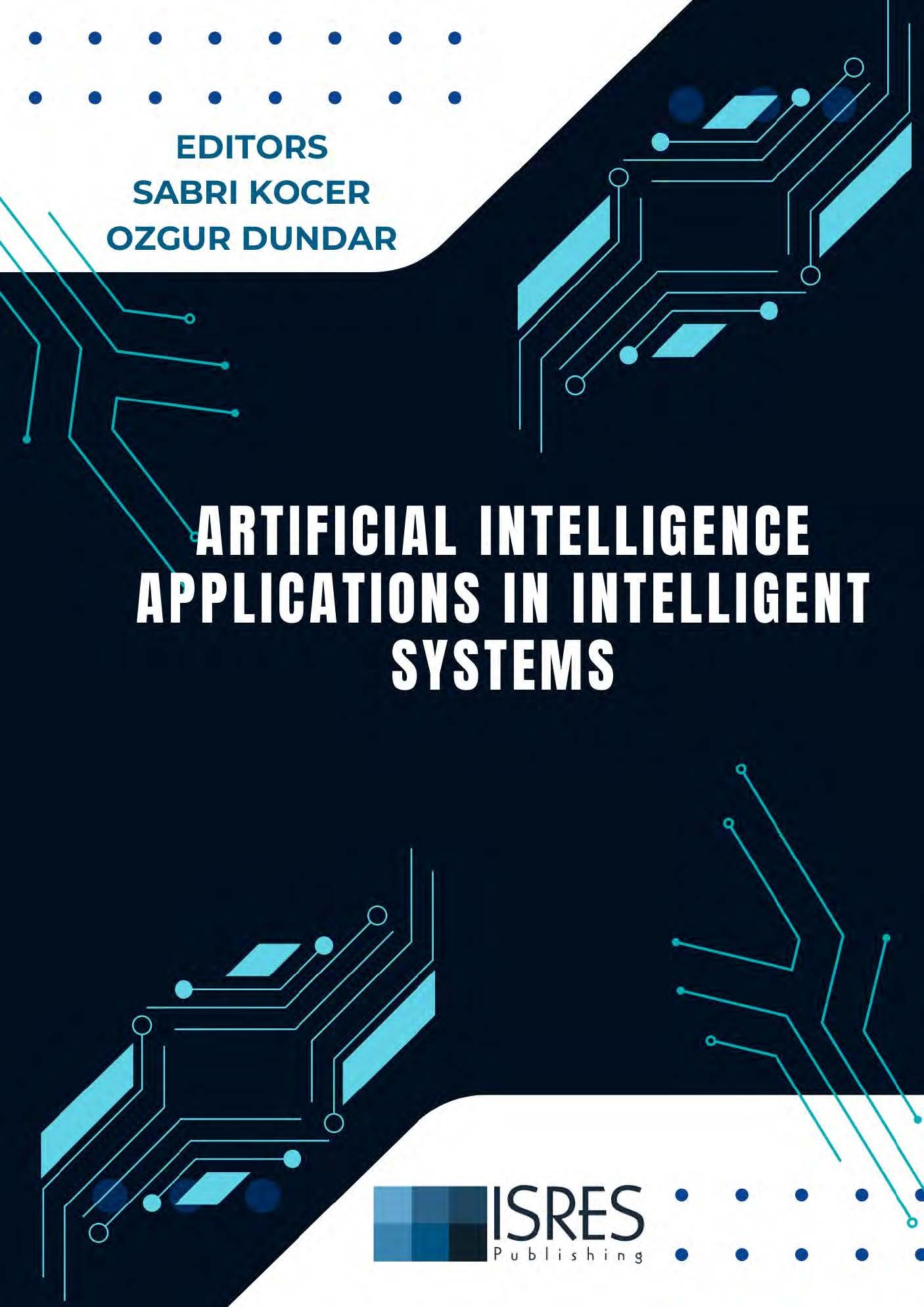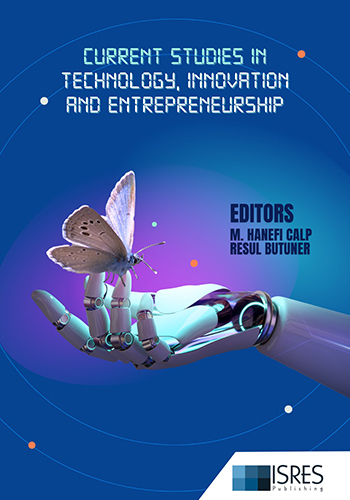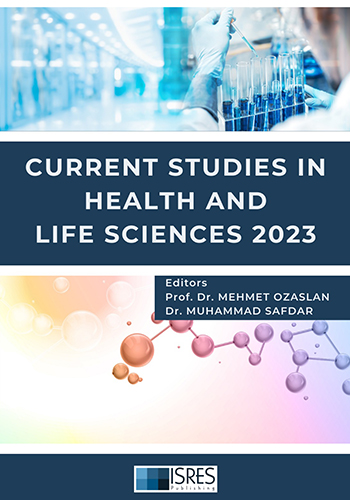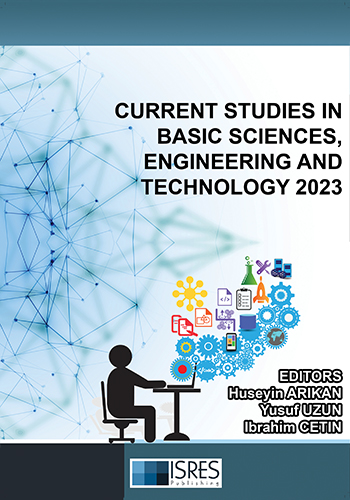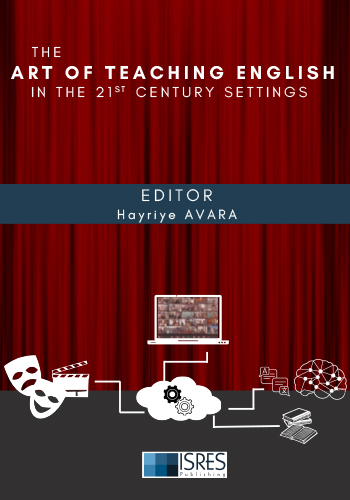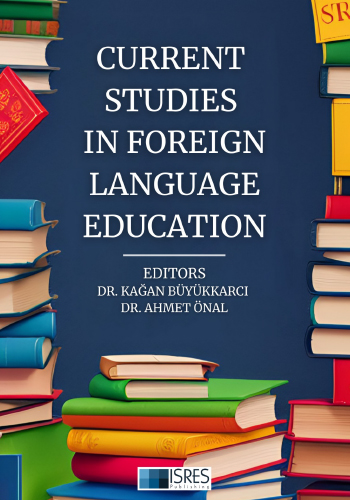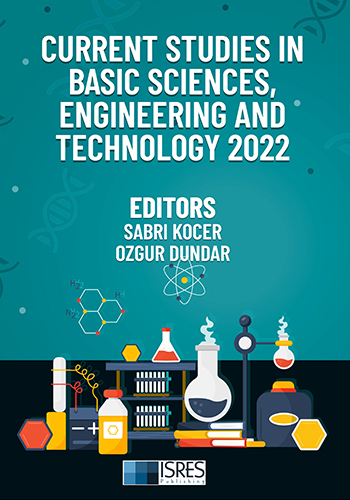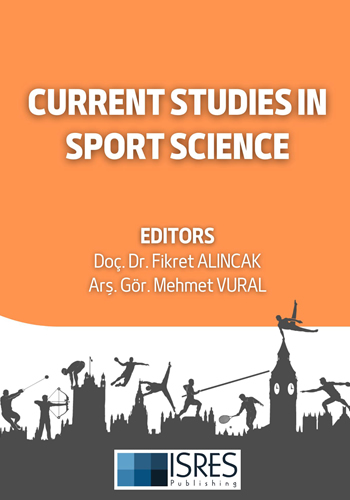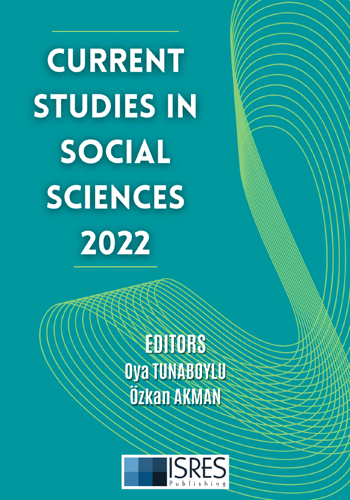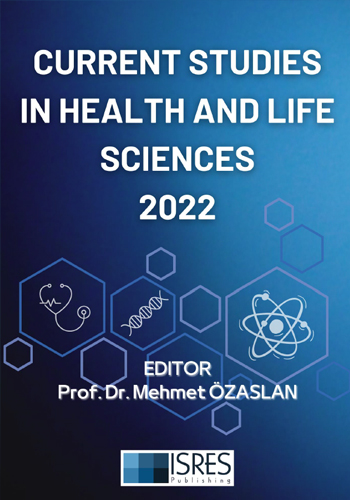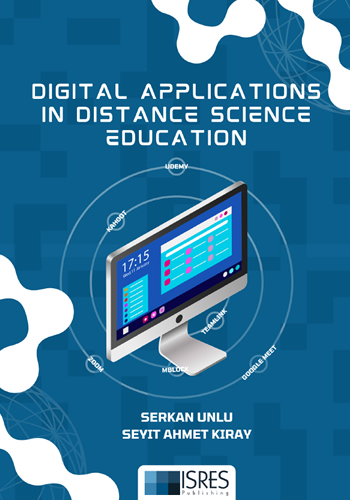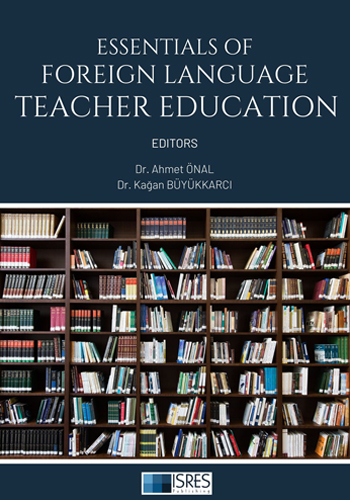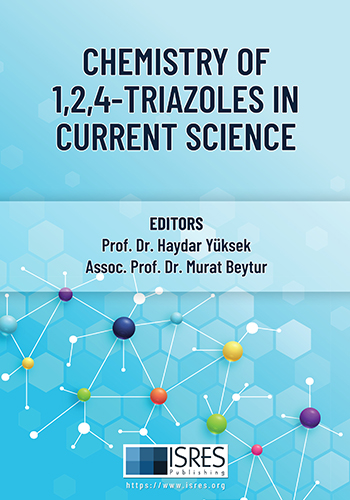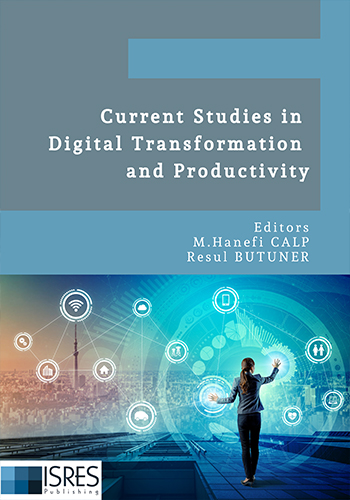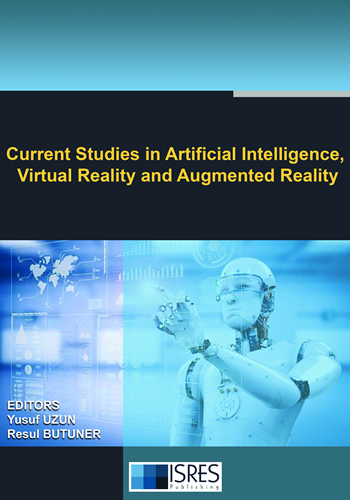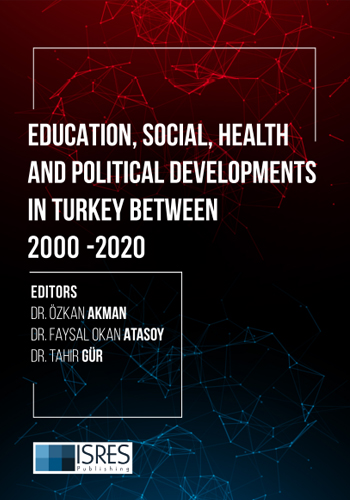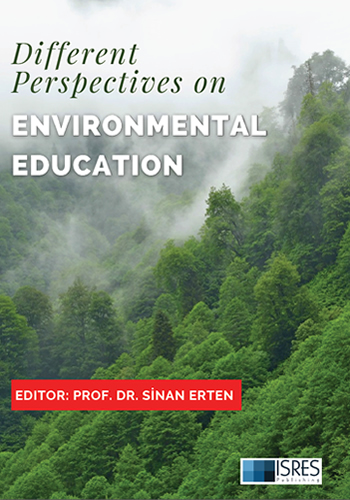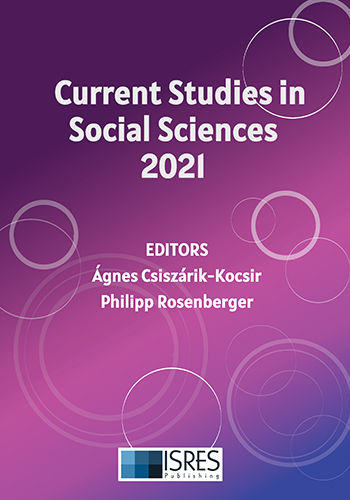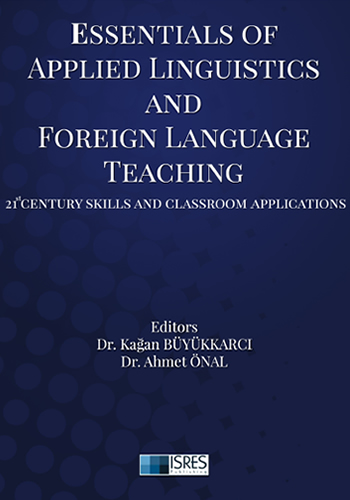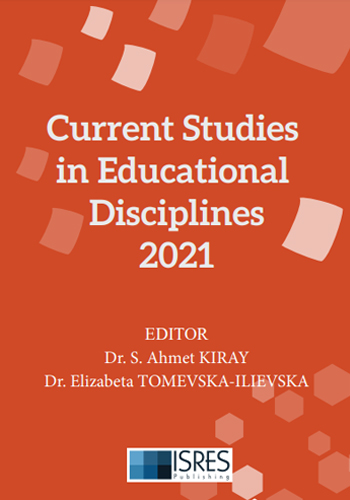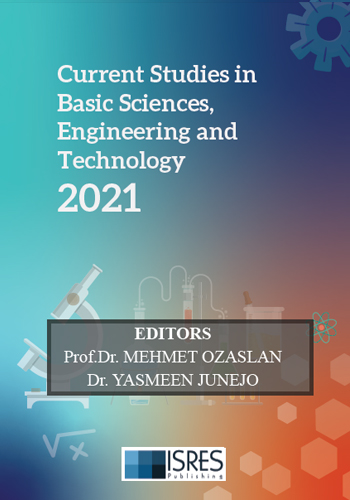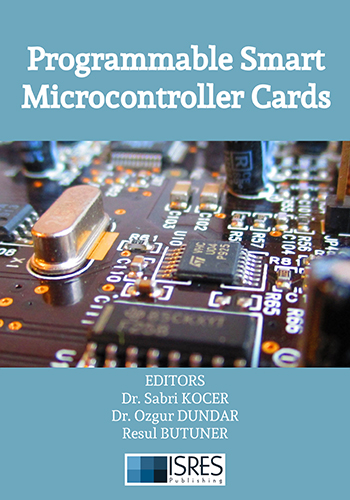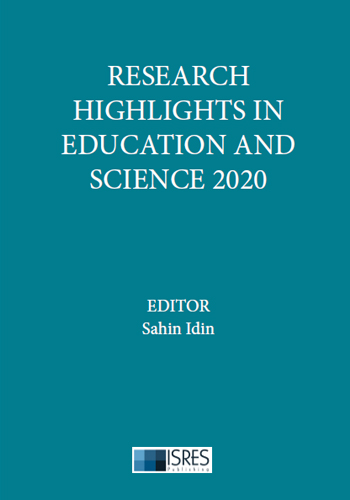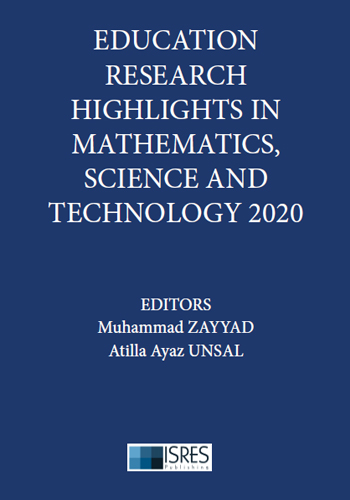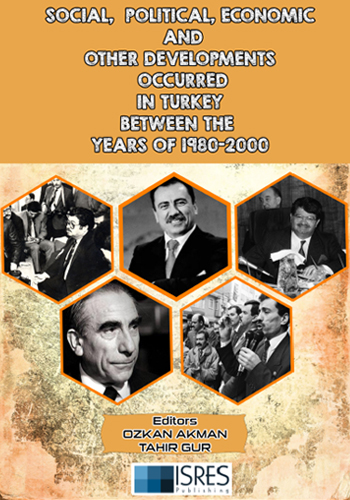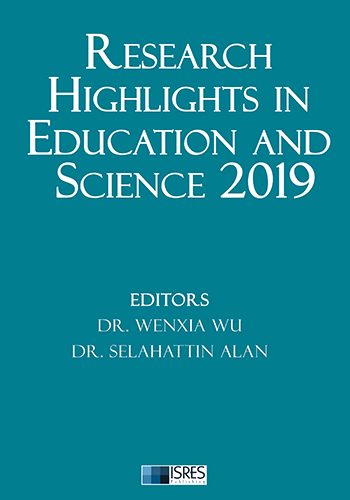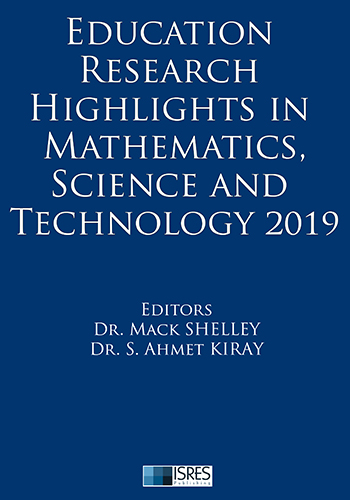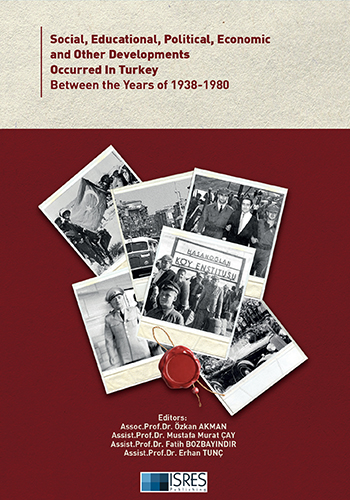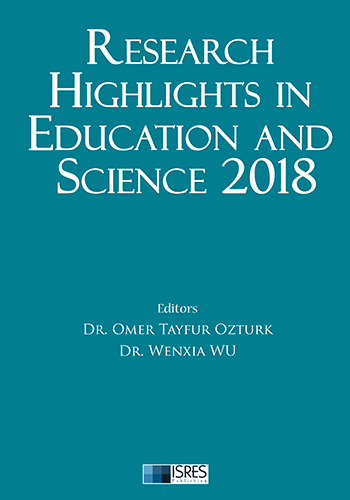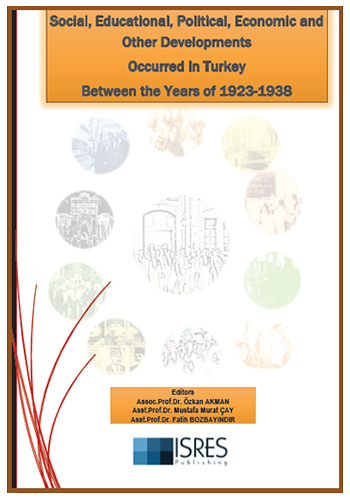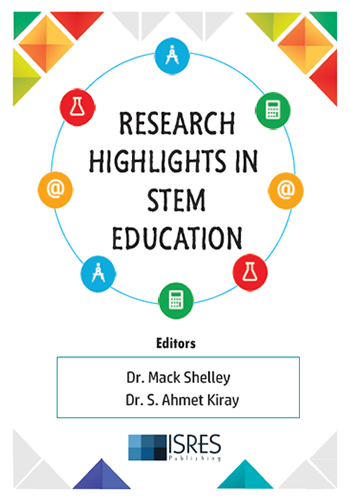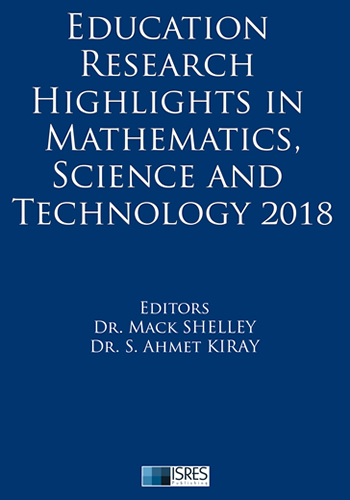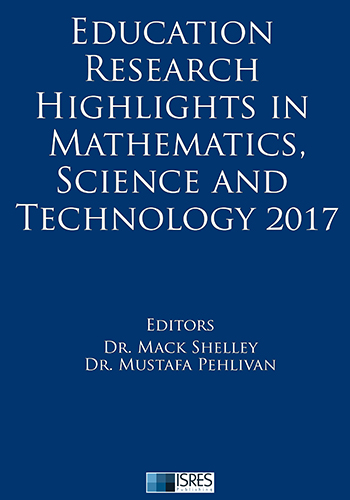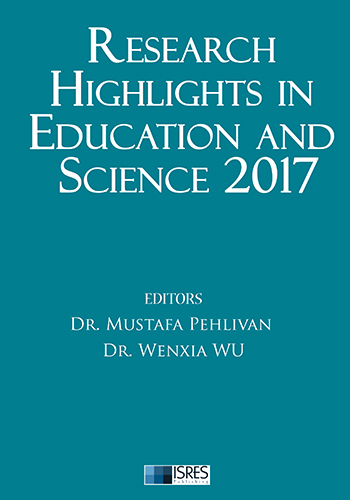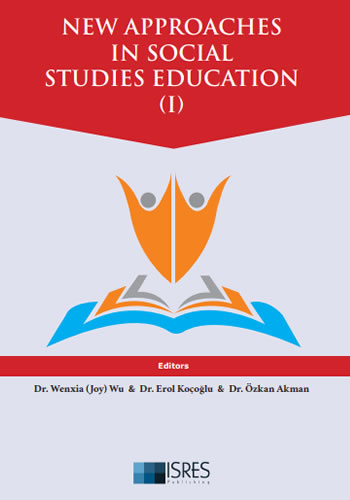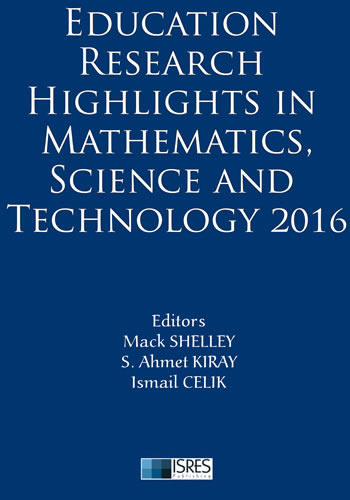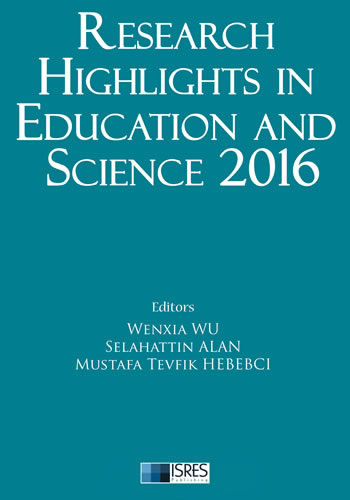Students’ struggle with learning concepts in chemistry has long been known by chemistry educators (Adadan, Trundle & Irving, 2010; Derman & Eilks, 2016; Derman & Ebenezer, 2020). Some explanations as to why this may be the case include: a) Some concepts of chemistry are abstract concepts that learners do not encounter in their daily lives (Taber, 2008; Taber & Coll, 2002), b) In order to solve problems of chemistry, students need to work with many different concepts and data simultaneously (Johnstone, 2010; Plass, Moreno & Bruenken, 2010), c) Success in chemistry requires thinking and making conversions between macroscopic, particulate (also called microscopic, molecular or submicroscopic) and symbolic level representations (Adadan, 2013; Gabel, 1994; Johnstone, 2006; Johnstone, 2010; Derman & Ebenezer, 2020).
Pedagogical Assumptions Behind The Use of Animations in Chemistry Lessons
Current Studies in Educational Disciplines 2022
Editors: Dr. Mustafa Tevfik Hebebci, Oğuz Yılmaz
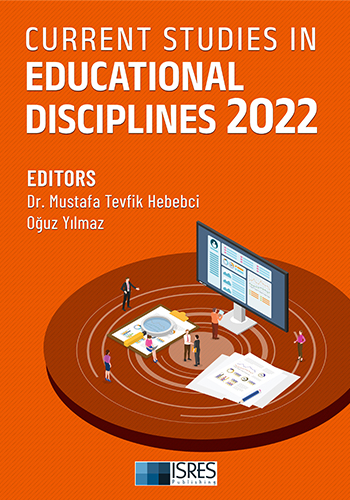
1596
Pedagogical Assumptions Behind The Use of Animations in Chemistry Lessons
Chapter Authors: Ayşegül Derman
Pages: 70-85
Other Chapters
New Technologies and E-Assessment
Mahmut Ayaz, Salih Gulen
More Info Pages: 1-19
Developing Digital Literacy Skills in Our Digital World
Munise Seckin Kapucu
More Info Pages: 21-43
Using Web 3.0 in Education: A Systematic Review
Sevim Aydın, Emel Duman, Şehnaz Baltacı
More Info Pages: 45-68
Pedagogical Assumptions Behind The Use of Animations in Chemistry Lessons
Ayşegül Derman
More Info Pages: 70-85
Online Exams: An Opportunity or A Threat?
Mustafa Tevfik Hebebci, Oğuz Yılmaz
More Info Pages: 87-117
Student Respond Systems (SRSs)
Cavide Demirci, Yavuz Selim Şişman, Banu Aras
More Info Pages: 119-143
A Digital Game-based Science Activity for Children: Stop Climate Change
Sahin Idin, Orkun Koçak
More Info Pages: 145-164
Budapest/Hungary Conferences - August 28-31, 2025
We are pleased to invite you to ISRES conferences, which will be held at Obuda University/Budapest/Hungary on August, 28-31, 2025. The following conferences will be held in Budapest/Hungary:...
15.01.2025
Trabzon/Türkiye Conferences - May 01-04, 2025
ISRES Spring Conferences - Trabzon/Turkiye SOCIAL SCIENCES – May 1-4, 2025, Trabzon, Türkiye * 5th International Conference on Social Science Studies - IConSoS2025 ...
11.12.2024
Peja/Kosovo Conferences - July 10-13, 2025
We are pleased to invite you to our conferences, which will be held at University of Peja Haxhi Zeka on July, 10-13, 2025. The following conferences will be held in Peja/Kosovo: - 7th Internat...
28.11.2024





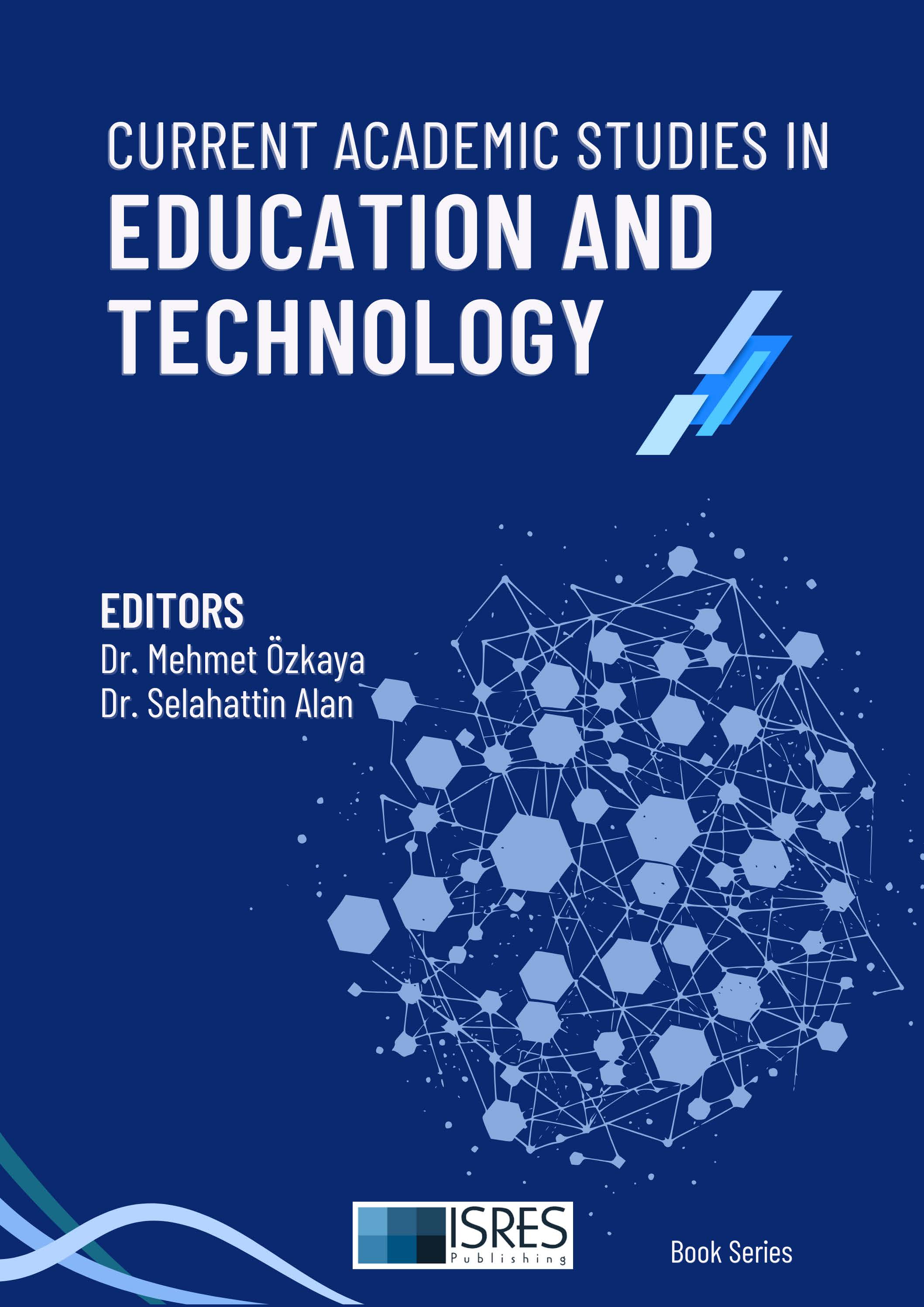


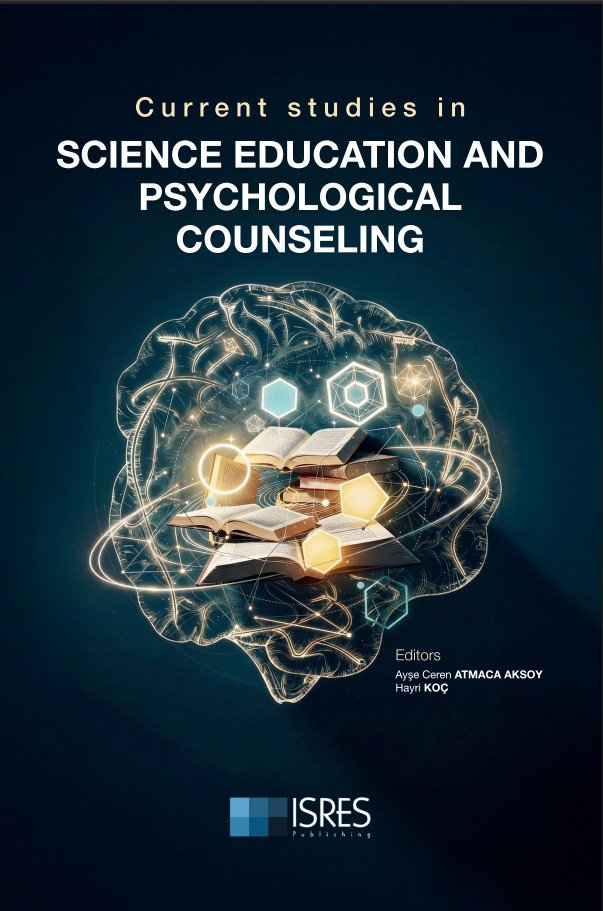
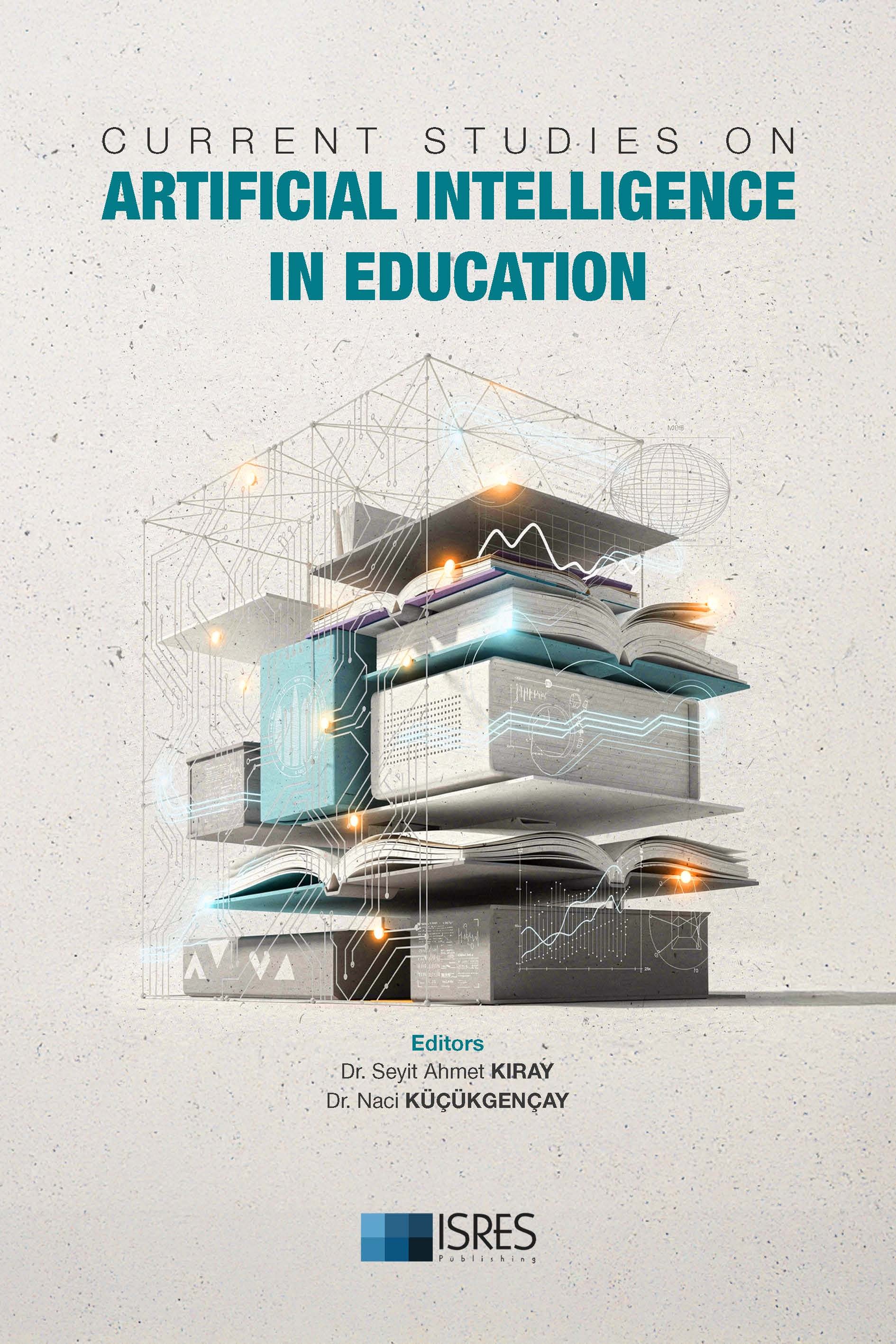
_Sayfa_001_23-12-2025.jpg)
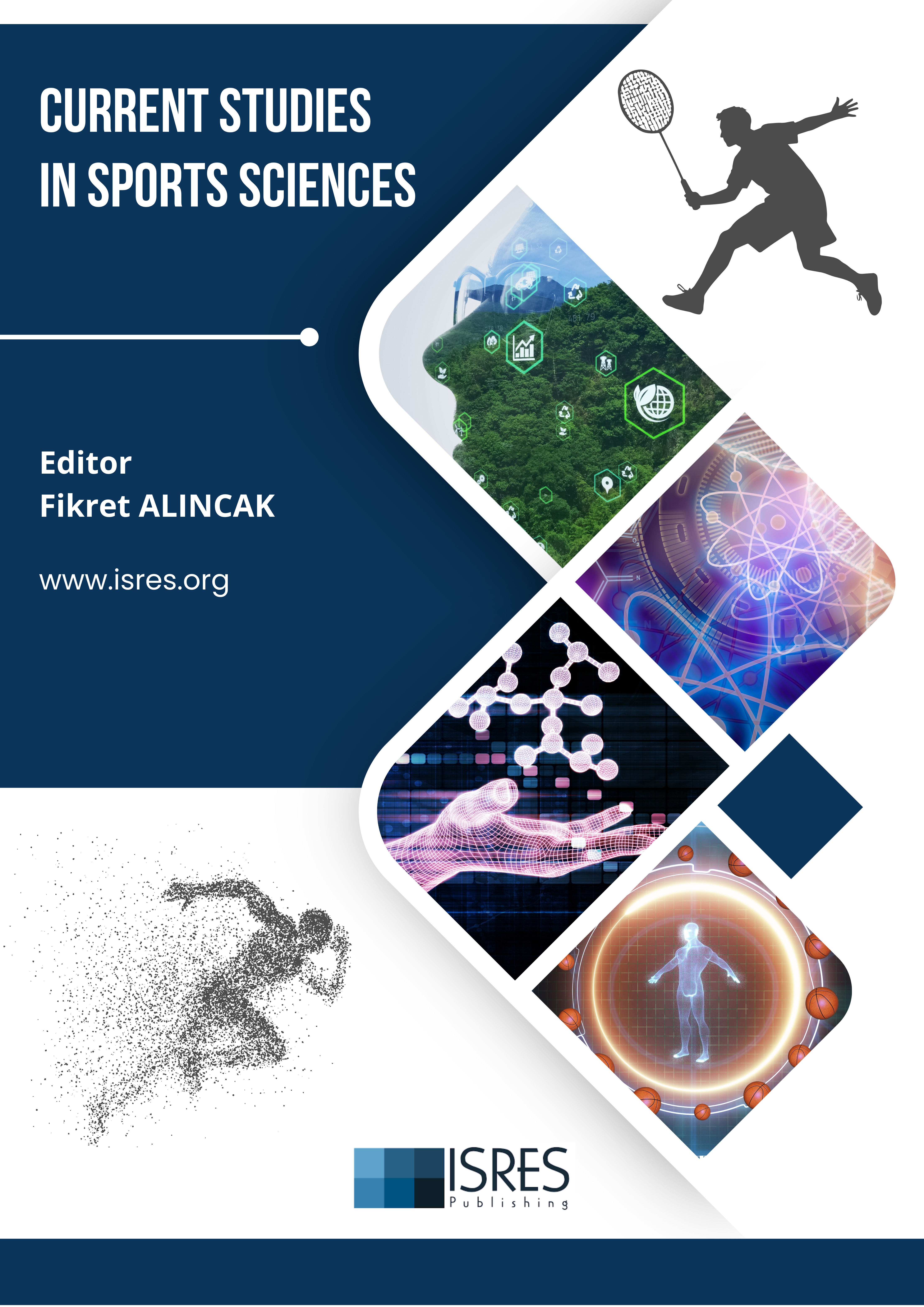


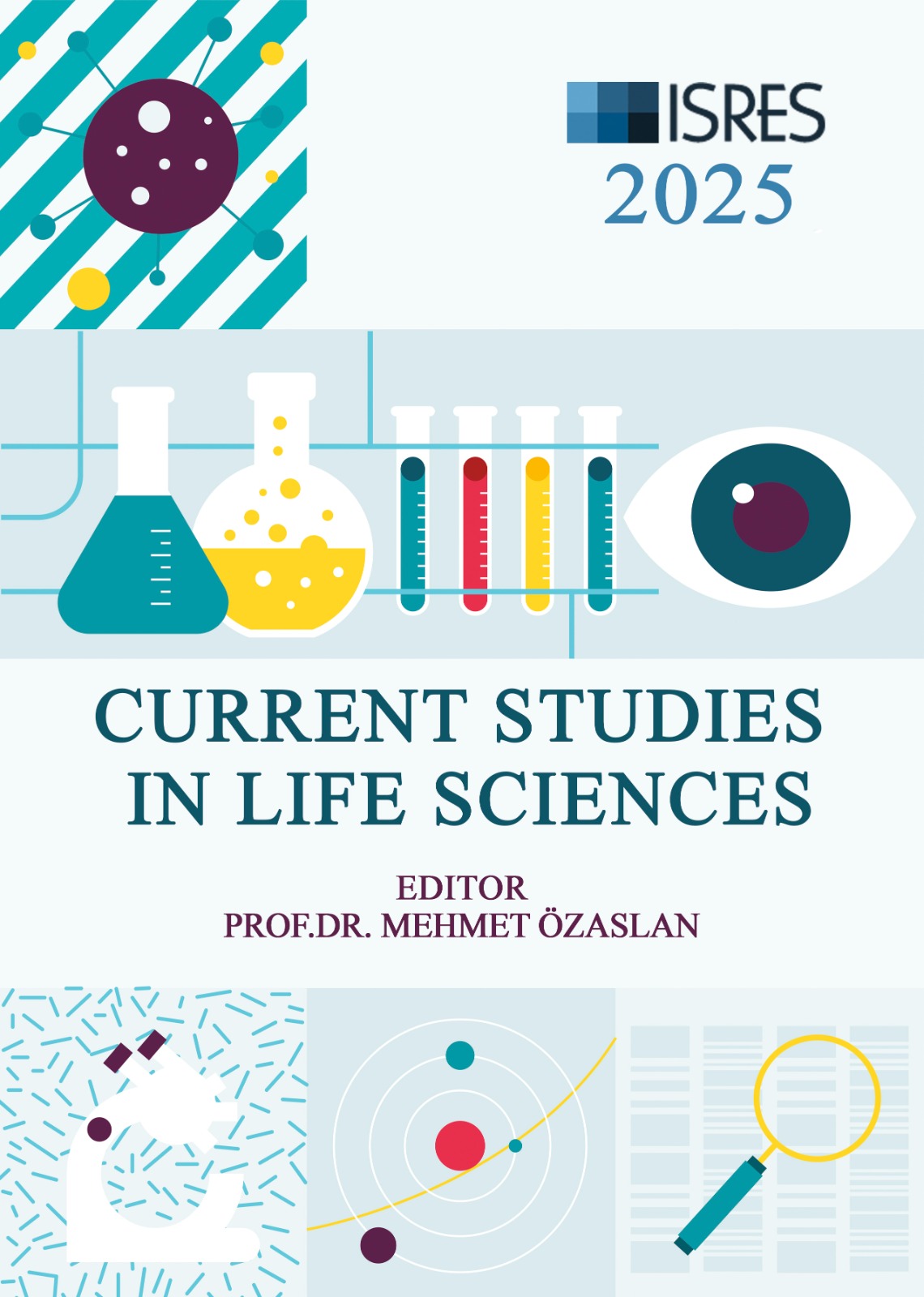
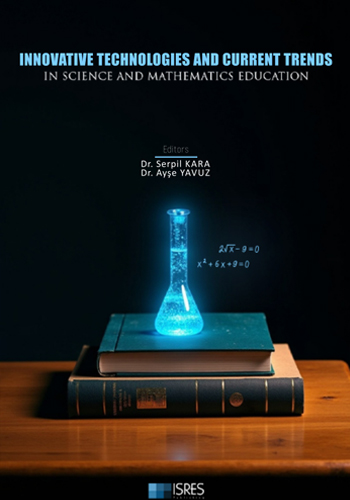


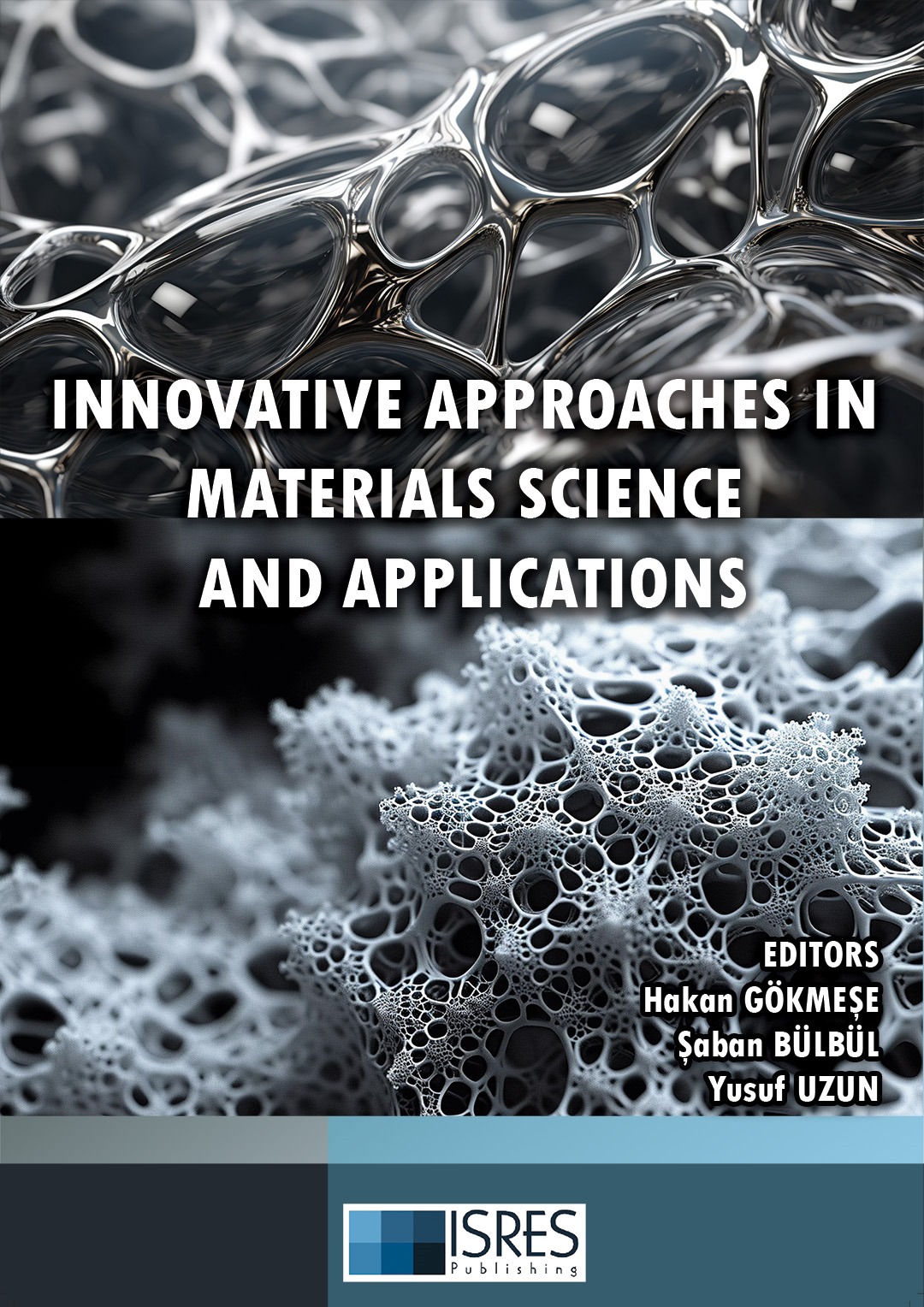


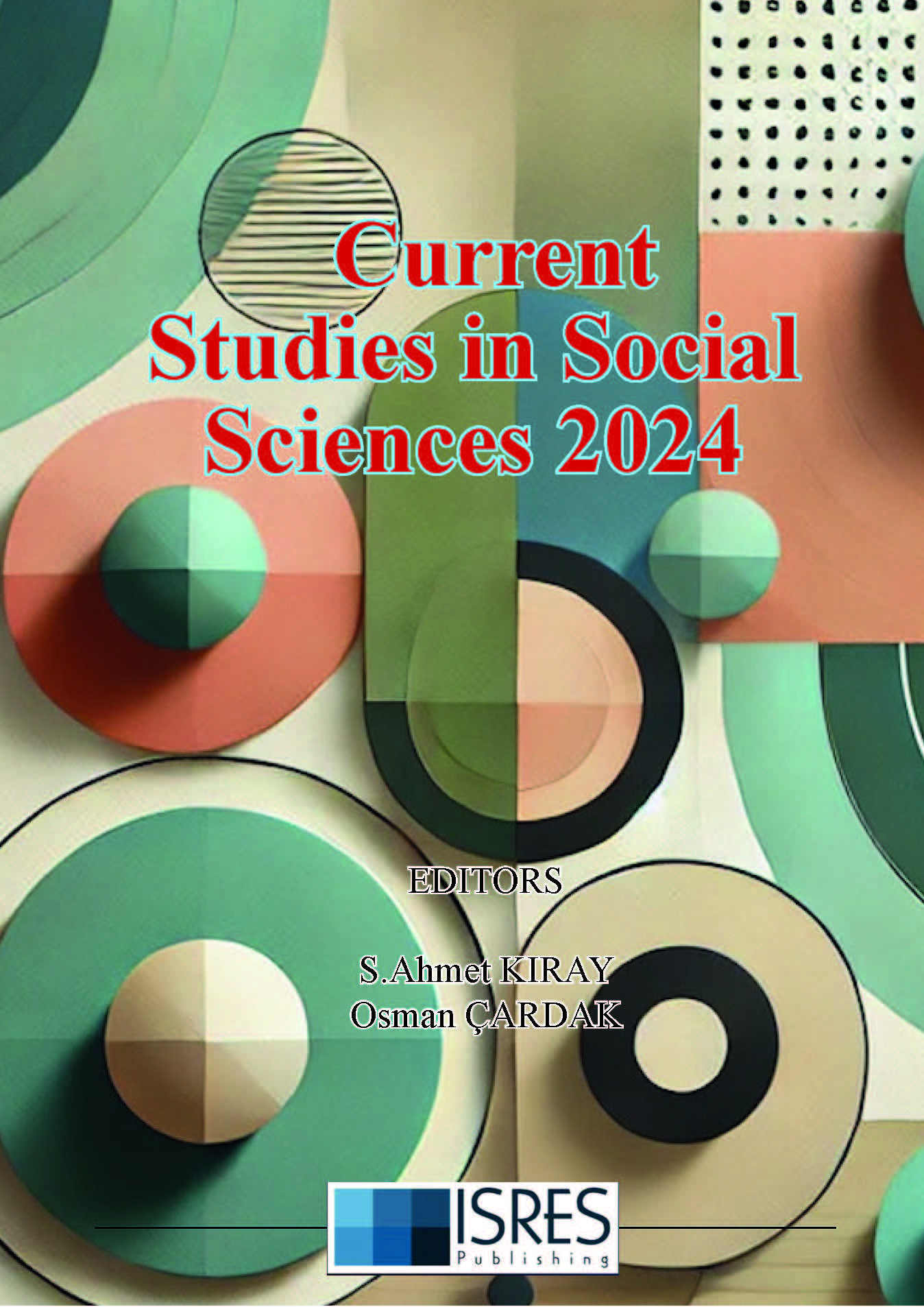
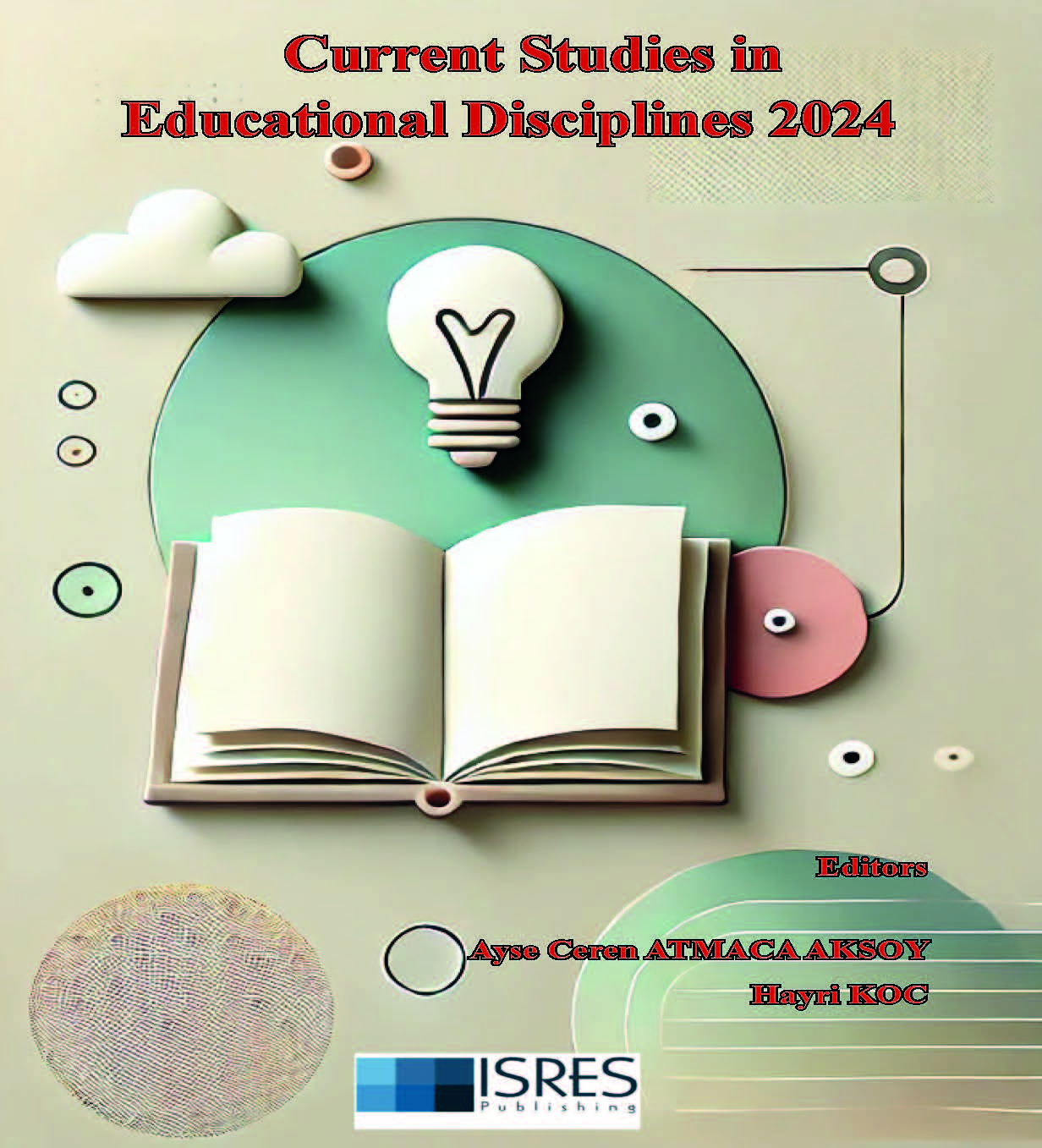

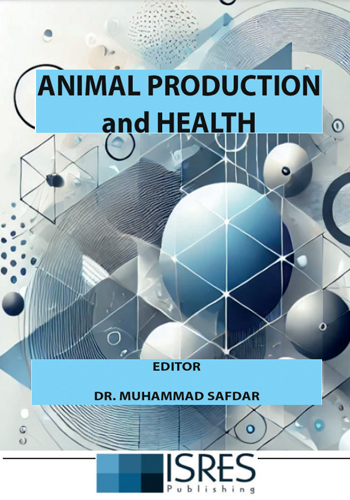
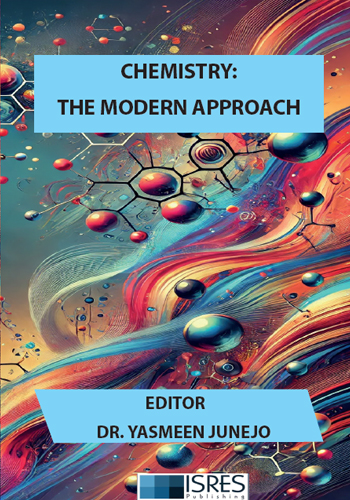
 (1)_16-12-2024.jpg)

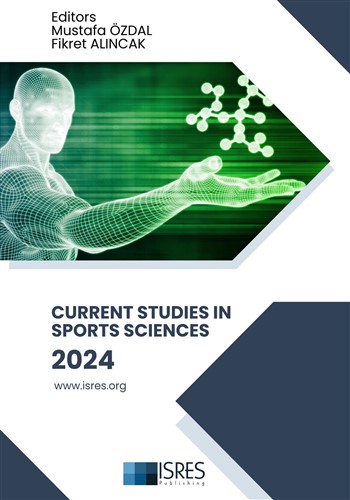
_29-12-2024.jpg)
 (1)_01-01-2025_10-03-2025.jpg)

_01-01-2025.jpg)
